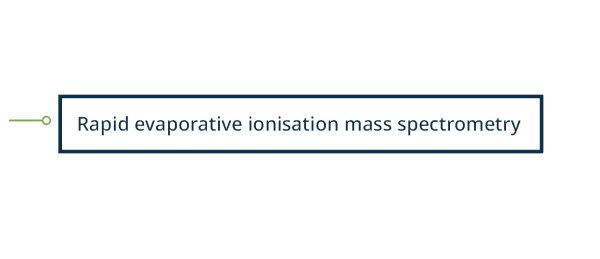Insecticide resistance
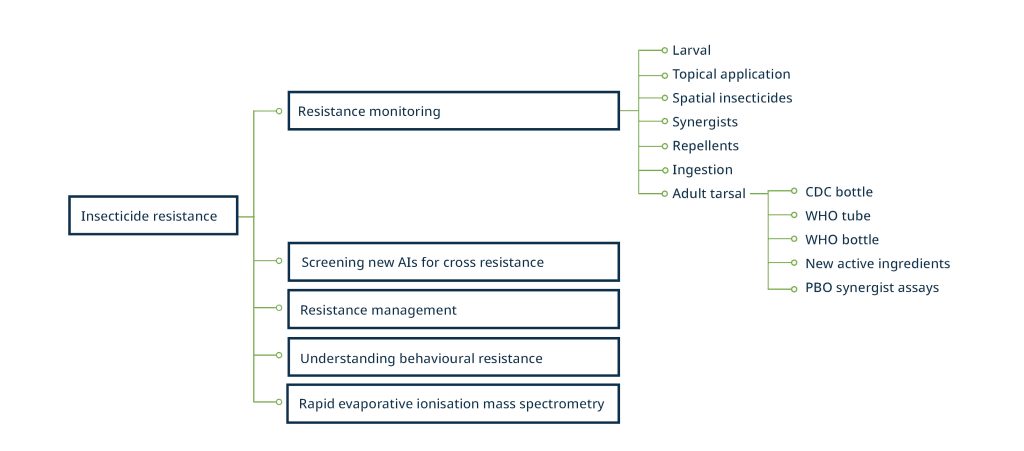
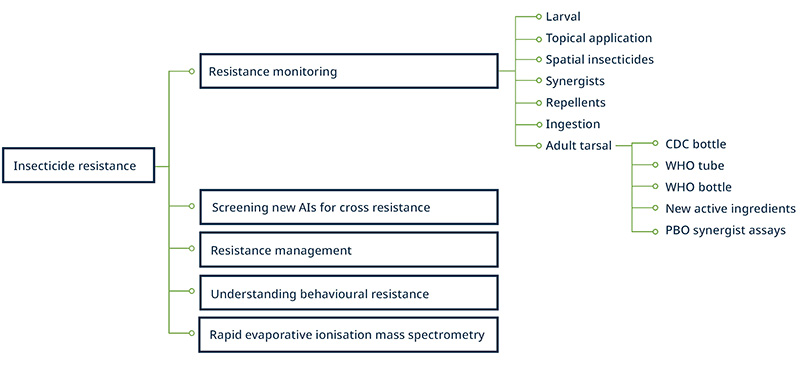
Resistance monitoring
Insecticide resistance monitoring in mosquitoes is a critical component of mosquito control programmes that involves monitoring the susceptibility of mosquito populations to insecticides. Mosquitoes can develop resistance over time, which can render certain insecticide-based control methods ineffective. By monitoring the susceptibility of mosquito populations to different classes of insecticides using standardised procedures and protocols, we can inform the selection of insecticides for use in mosquito control programs and help to develop strategies to managed insecticide resistance. Insecticide resistance monitoring can help to determine the level of resistance in a population, identify mechanisms of resistance and inform the development of alternative control strategies.
Resistance monitoring Resources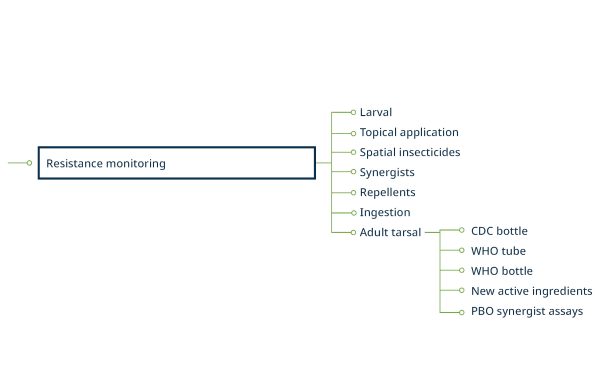
Screening new AIs for cross-resistance
Screening new active ingredients (AIs) for cross-resistance is an important step in the development of effective mosquito control strategies. Cross-resistance refers to the ability of mosquito populations to develop resistance to multiple classes of insecticides. This can occur when different insecticides target the same physiological or metabolic pathways in mosquitoes.
Screening new AIs Resources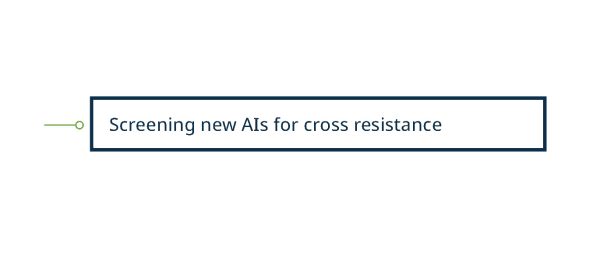
Resistance management
Insecticide resistance management in mosquito populations involves strategies to prevent or delay the development of resistance to insecticides and to maintain the effectiveness of insecticide-based control tools. Insecticide resistance is a major challenge for vector-borne disease control programmes, and strategies to manage it involve: the rotation of insecticides, using insecticide mixtures, targeted use of insecticides, appropriate monitoring and surveillance, and integrated vector management.
Resistance management Resources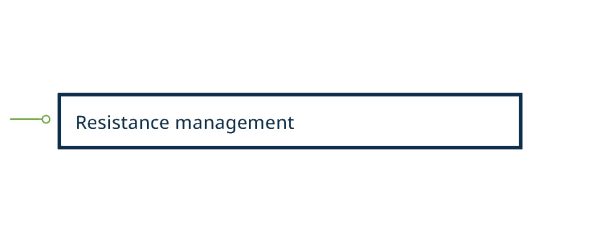
Understanding behavioural resistance
Mosquito populations can often exhibit behavioural resistance, showing changes that can make them less susceptible to standard vector control methods. Behavioural resistance can manifest is several ways, including changes in feeding behaviour, resting behaviour and oviposition behaviour. For example, some mosquito populations may alter their time of feeding or feeding location, making it more difficult for control methods such as insecticide-treated bed nets (ITNs) and indoor residual spraying (IRS) to be effective.
Understanding behavioural resistance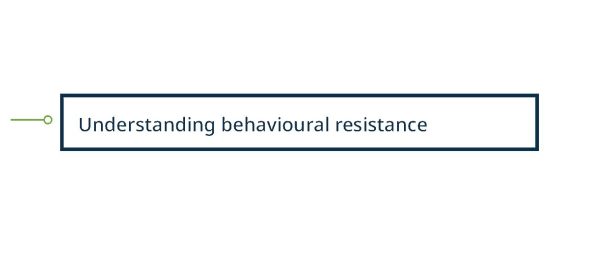
Rapid evaporative ionisation mass spectrometry (REIMS)
Rapid evaporative ionisation mass spectrometry (REIMS) is a technique that has been used to analyse the chemical composition of mosquitoes. REIMS works by rapidly heating a small sample of mosquito tissue, which causes the molecules to evaporate and become ionised. These ionised molecules can then be analysed using mass spectrometry which can help researchers gain insights into mosquito behaviour, physiology, and metabolism. REIMS has been used to identify differences in the chemical profiles of mosquitoes that are resistant to insecticides compared to those that are susceptible.
REIMS Resources